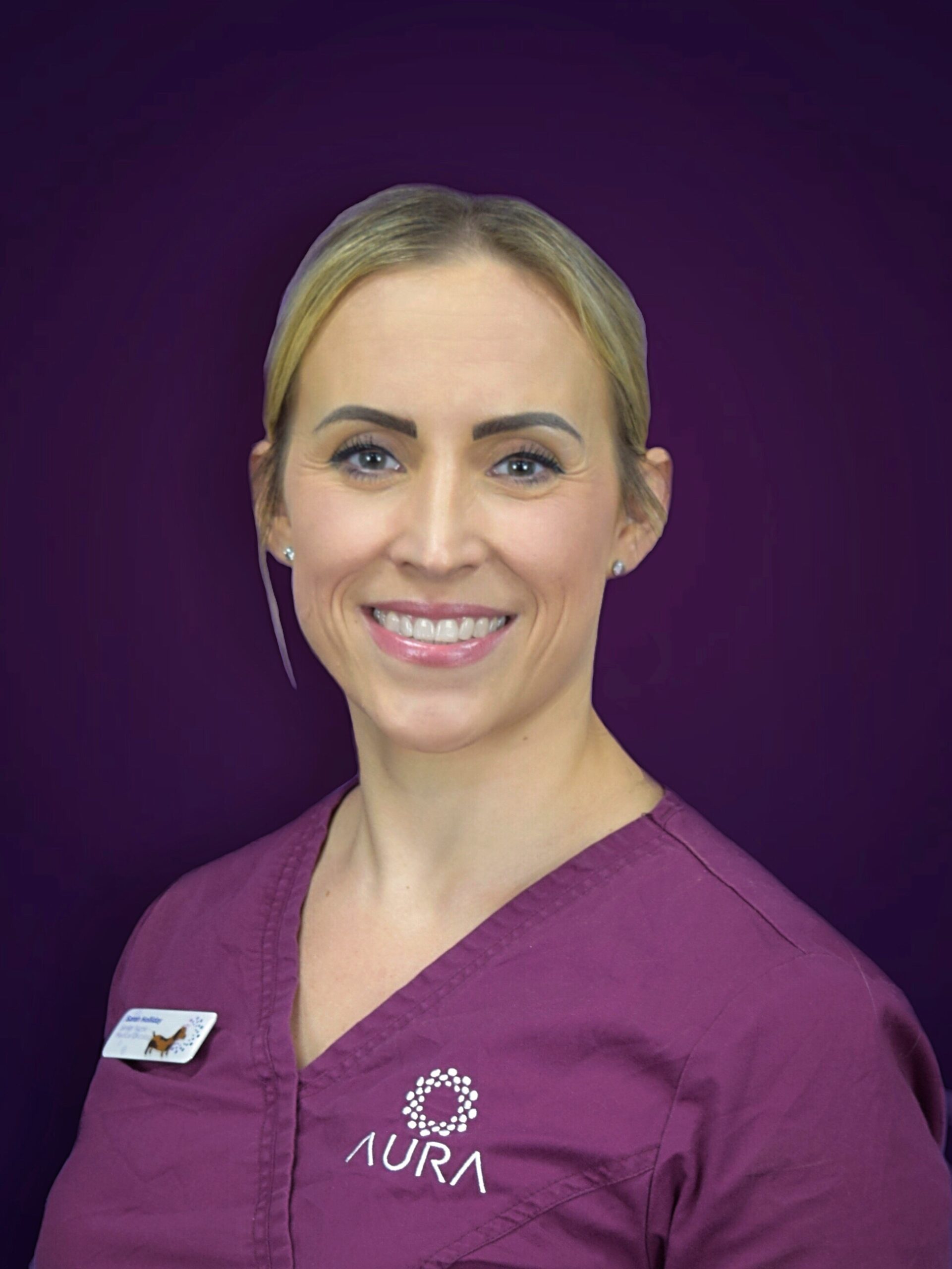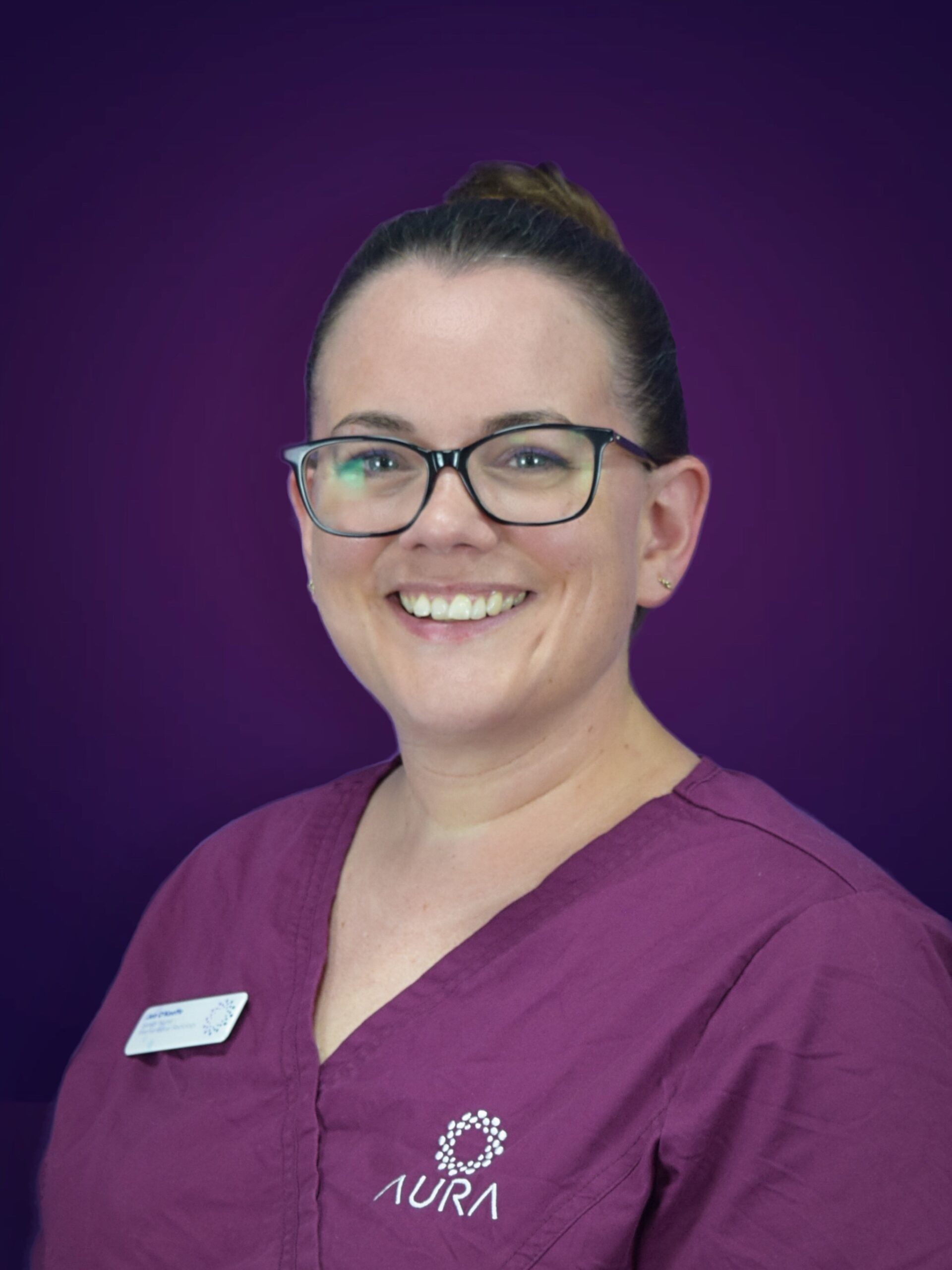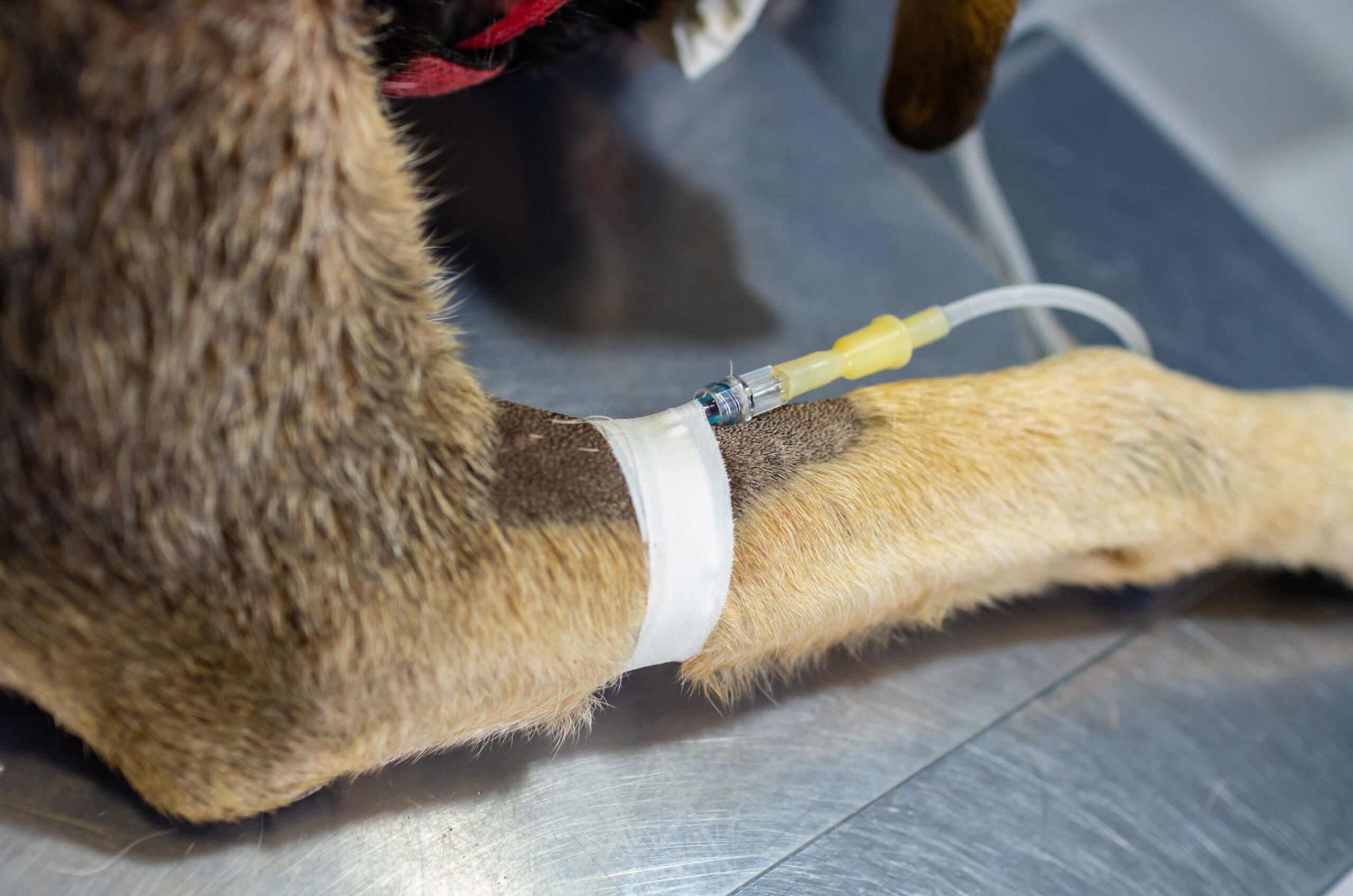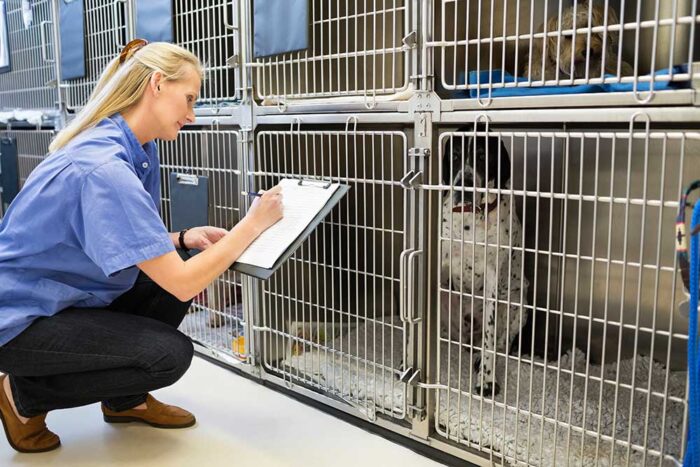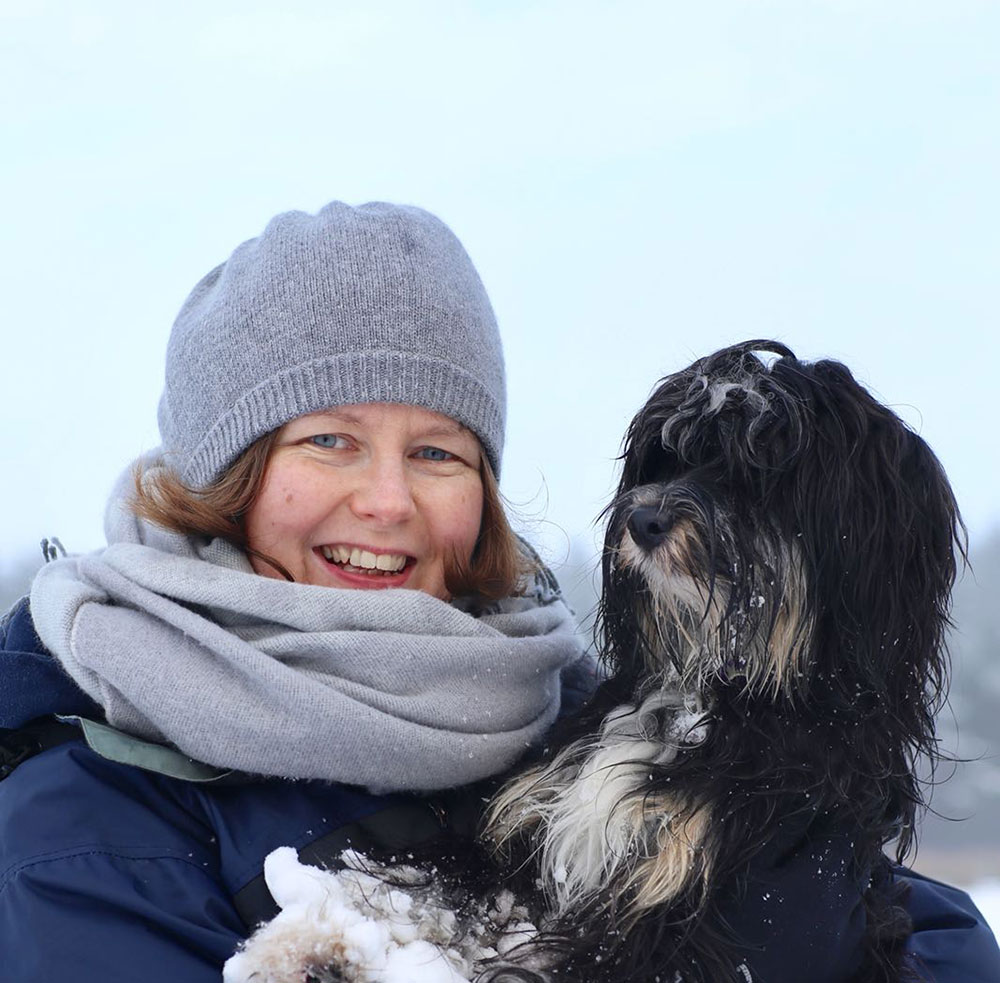This course with Sarah Holliday and Jen O’Keefe will look at the different surgical options available when treating cancer in veterinary patients and their associated nursing care.
-
Description
Surgery is one of the three main pillars of cancer treatment in both human and veterinary medicine. The veterinary nurse plays a vital role in all aspects of surgical oncology from the pre-surgical discussion, providing anaesthesia and analgesia, and post operative nursing care including the use of advanced devices. As well as looking at the different surgical options available when treating cancer in veterinary patients and their associated nursing care, this course will cover newer, minimally invasive surgical approaches now being performed in veterinary oncology patients and the benefits of these techniques. We will outline the post-operative considerations for oncologic surgeries and the safe and successful use of advanced devices to aid a smooth, comfortable recovery.
- Topics to be covered:
- Surgical options for cancers of the abdomen, thorax, face and limbs, including anaesthetic and analgesia considerations
- Minimally invasive procedures that are now available (interventional radiology)
- The use and care of advanced devices such as vascular access ports, pleural ports, thoracic drains, wound drains and central lines
- The importance of staging
- Post operative nursing considerations
-
Reviews
